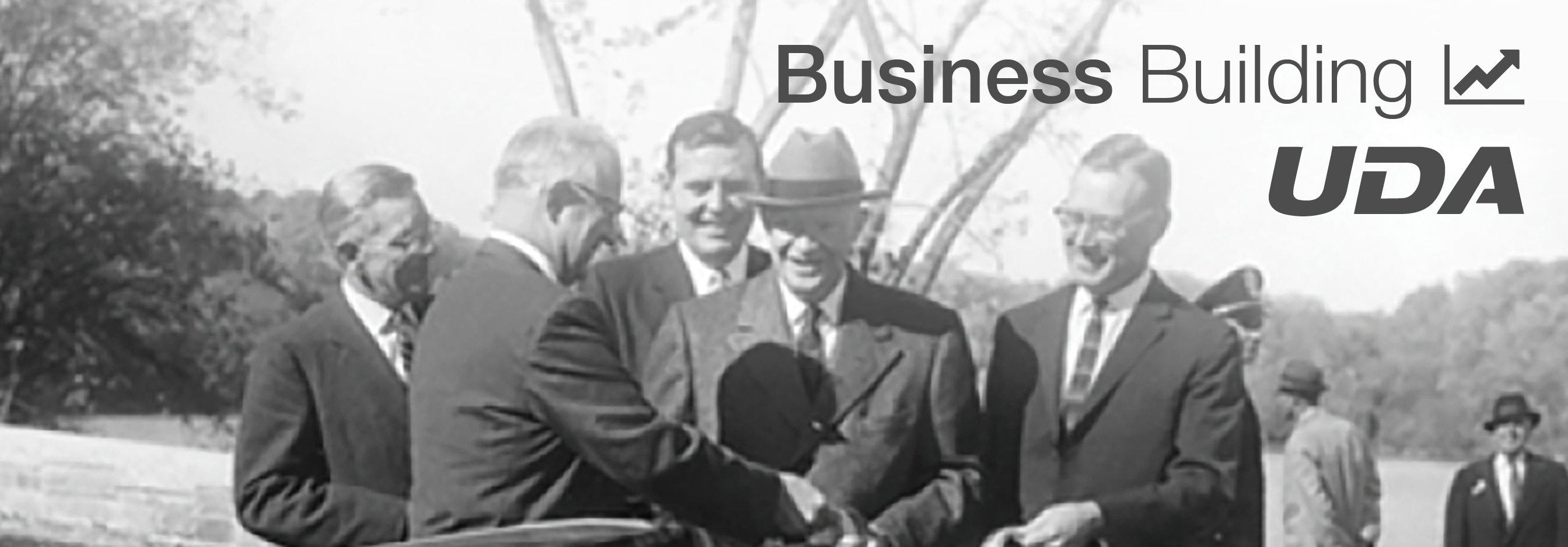Known mainly for his military and political achievements, President Dwight D. Eisenhower found success following a principle he shared often, “[w]hat is important is seldom urgent, and what is urgent is seldom important.” For our purposes, urgent means something that requires immediate attention, and important means something that contributes to long-term missions and goals.
In the context of construction project management, the important/urgent principle suggests that project managers should ensure they are prioritizing the important tasks that might not have immediate deadlines. Here are three tasks that we think are highly important for construction projects that may not set off any of your urgent alarms.
1. Plan Your Projects from Beginning to End
This first task may seem like common sense, as no project can start or finish without a complete plan in place. That is not the suggestion here. Project managers should be continually developing and revising their plans during the entire course of the project, from start to finish. Since anything can – and might, given Murphy’s Law – happen at a construction site, project managers need to be ready to adjust their plans, estimates, and timelines at a moment’s notice. Planning constantly will prepare you to handle any delays and equipment failures that come your way.
2. Track Your Projects Daily
While ultimately the day’s record keeping relies on the input of others at a job site, construction project managers should be the strongest advocates for detailed daily logs. Not only does a construction daily log book protect companies against costly claims and courtroom visits, the construction daily log also keep projects organized and can secure accurate reimbursement. Project managers need to be able to access these daily logs easily, and with automated, streamlined project management software, daily logging is now more accessible and doable than ever before. Wondering how you can ditch paper log books for a daily log app? Check out ConstructionOnline’s Project Logging features here.
3. Communicate, Early and Often
At the heart of all business is relationships; at the heart of all good relationships is good communication. Thus, it’s safe to say that the heart of good business is good communication. Contrary to what some might think, bad news is just as important to communicate as good news, and most stakeholders in a project will appreciate when project managers keep them up to date. Consider offering a construction daily report; not only will your clients be happy, you will also be incentivized to stay updated on every detail of your projects. Communicating what is happening as it happens – instead of trying to cover up and/or fix any issues – will save you much more in the long run than the pride you save in the short term.
Interestingly, these three tasks work well together. Constant planning will help minimize the amount of bad news you may have to report (or will at least soften the impact), daily logging will make sure you can make accurate plans, and great communication will encourage those in-field to keep updating you with daily logs. Keep Eisenhower’s principle in mind, and you may find more important, but not urgent, tasks you should be prioritizing in your role as a project manager. You most likely will find success, too.




.png?width=230&name=uda_renew_logo%20(1).png)



